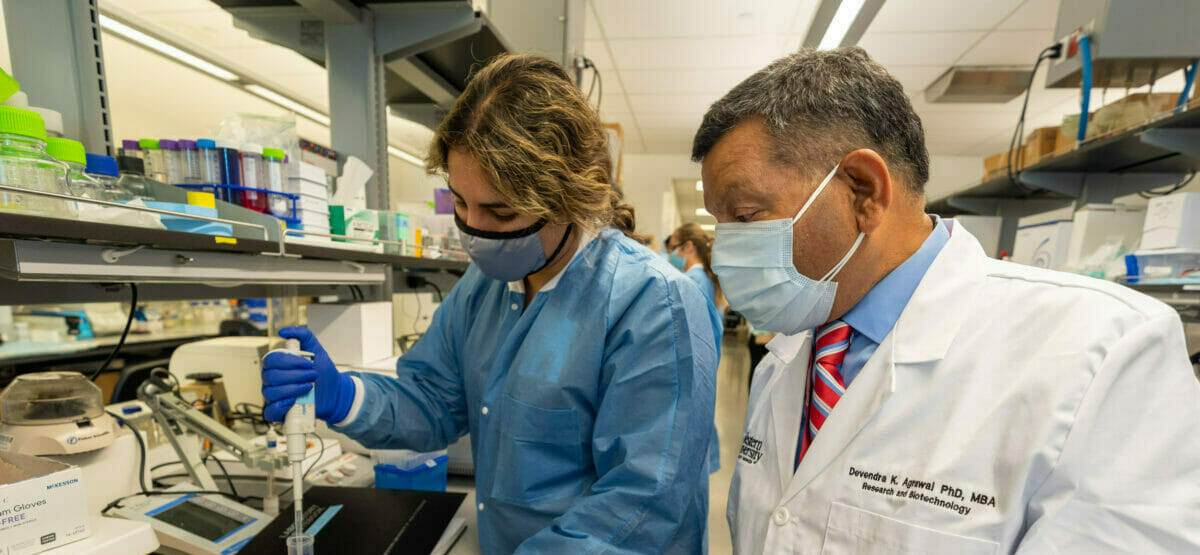
Spotlight on Faculty in Research
Accomplishments and Awards in Research
Have an accomplishment or award to share; email: University Research Office
The Consulate General of France in Los Angeles recently hosted a special evening to award the National Order of Merit to Professor Michel Baudry. This prestigious honor recognizes Professor Baudry’s remarkable contributions to neuroscience and his vital role in fostering scientific collaboration between France and the United States.
LinkedIn Post on Dr. Baudry’s Recognition

Summary:
Schistosomiasis infects over 200 million people worldwide. Despite efforts to reduce or eliminate this parasitic disease with mass drug treatment campaigns, transmission remains rampant in many endemic areas. In part, this is because even after successful treatment, people are reinfected by freshwater snail vectors that inhabit critical water sources. Interruption of transmission will require novel vector-focused interventions, particularly those tailored to vector species in hot spot transmission zones. Thus, a genome wide association study (GWAS) was undertaken to determine the genomic regions associated with resistance of African snails, Biomphalaria sudanica, to Schistosoma mansoni. The GWAS and subsequent validation found two regions of the genome that are strongly associated with resistance to infection, SudRes1 and SudRes2. Both regions are evolutionarily dynamic. Resistant and susceptible haplotypes show numerous coding differences including presence/absence of entire genes. SudRes1 includes receptor-like protein tyrosine phosphatases while SudRes2 includes a class of leucine-rich repeat-containing G-protein coupled receptors, both comprising diverse extracellular binding domains suggestive of host-pathogen interaction. Importantly, no loci previously tied to resistance in a model snail species showed any association with compatibility suggesting that loci involved in the resistance of African vectors are distinct. Another major finding was that the collected snails showed significant population structure consistent with historical subdivision, and population ancestry was strongly associated with resistance status, indicating population level differences in vector susceptibility patterns. This work represents a substantial advancement towards the control of schistosomiasis in endemic areas, and the understanding of host pathogen interactions.
Dr. Baron awarded the 2025 Presidential Commendation by the President of the American Psychiatric Association for his “leadership and innovative global work in Sports Psychiatry and Lifestyle Psychiatry”.

